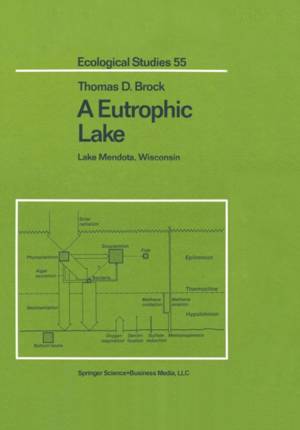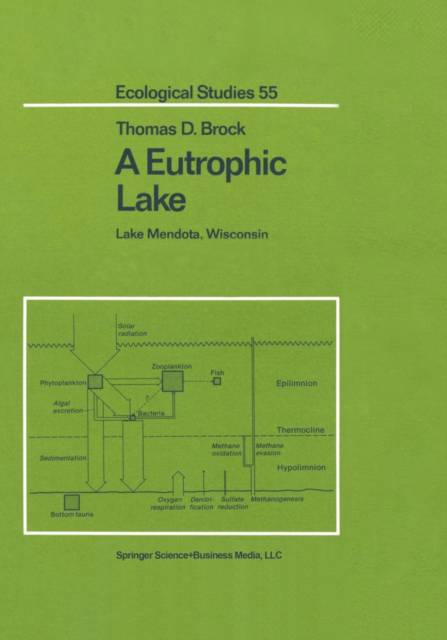
- Afhalen na 1 uur in een winkel met voorraad
- Gratis thuislevering in België vanaf € 30
- Ruim aanbod met 7 miljoen producten
- Afhalen na 1 uur in een winkel met voorraad
- Gratis thuislevering in België vanaf € 30
- Ruim aanbod met 7 miljoen producten
Zoeken
Omschrijving
Lake Mendota has often been called "the most studied lake in the world. " Beginning in the "classic" period of limnology in the late 19th century and continuing through the present time, this lake has been the subject of a wide variety of studies. Although many of these studies have been published in accessible journals, a significant number have appeared in local monographs and reports, ephemeral documents, or poorly distributed journals. To date, there has been no attempt at a synthetic treatment ofthe vast amount of work that has been published. One intent of the present book is to present a com- prehensive compilation of the major early studies on Lake Mendota and to examine how they impinge on important present-day biological questions. In addition, this book presents a summary of field and laboratory work carried out in my own laboratory over a period of about 6 years and shows where correlations with earlier work exist. The book should be ofinterest to limnologists desiring a ready reference to data and published papers on this important lake, to biogeochemists, ocean- ographers, and low-temperature geochemists interested in lakes as model sys- tems for global processes, and to lake managers interested in understanding short-term and long-term changes in lake systems. Although the major thrust ofthe present book is ecologicaland environmental, sufficient background has been presented on other aspects ofLake Mendota's limnology so that the book should also be useful to nonbiologists.
Specificaties
Betrokkenen
- Auteur(s):
- Uitgeverij:
Inhoud
- Aantal bladzijden:
- 308
- Taal:
- Engels
- Reeks:
- Reeksnummer:
- nr. 55
Eigenschappen
- Productcode (EAN):
- 9781461264514
- Verschijningsdatum:
- 1/11/2012
- Uitvoering:
- Paperback
- Formaat:
- Trade paperback (VS)
- Afmetingen:
- 178 mm x 254 mm
- Gewicht:
- 571 g

Alleen bij Standaard Boekhandel
+ 153 punten op je klantenkaart van Standaard Boekhandel
Beoordelingen
We publiceren alleen reviews die voldoen aan de voorwaarden voor reviews. Bekijk onze voorwaarden voor reviews.











